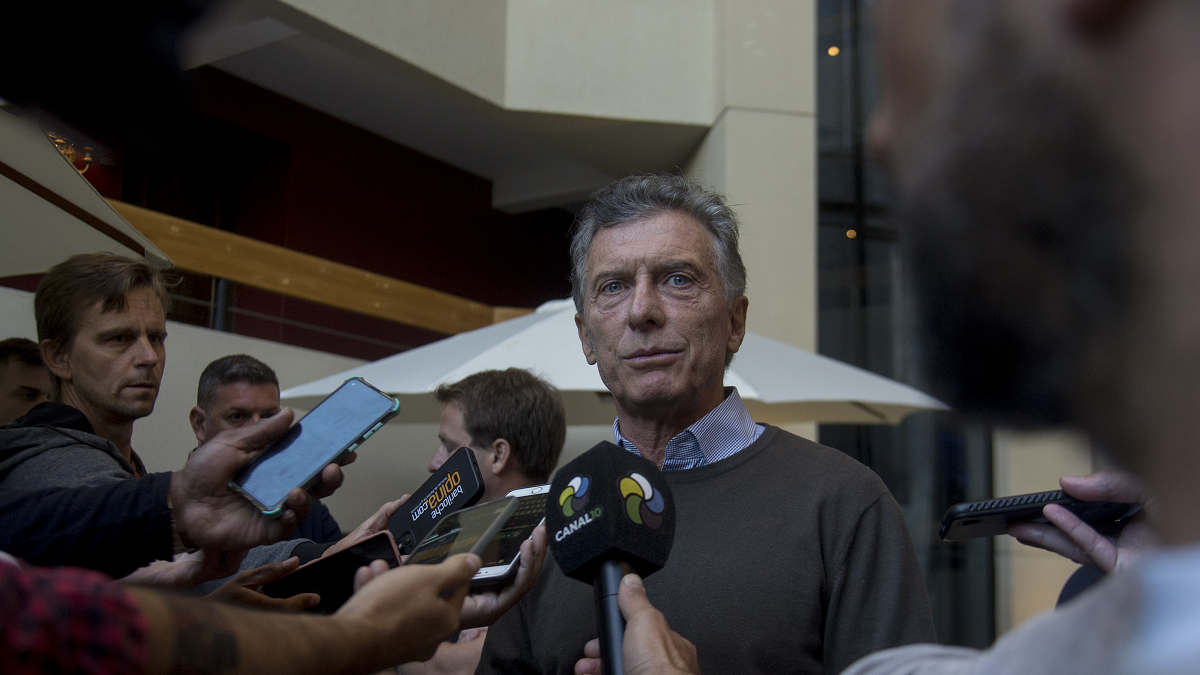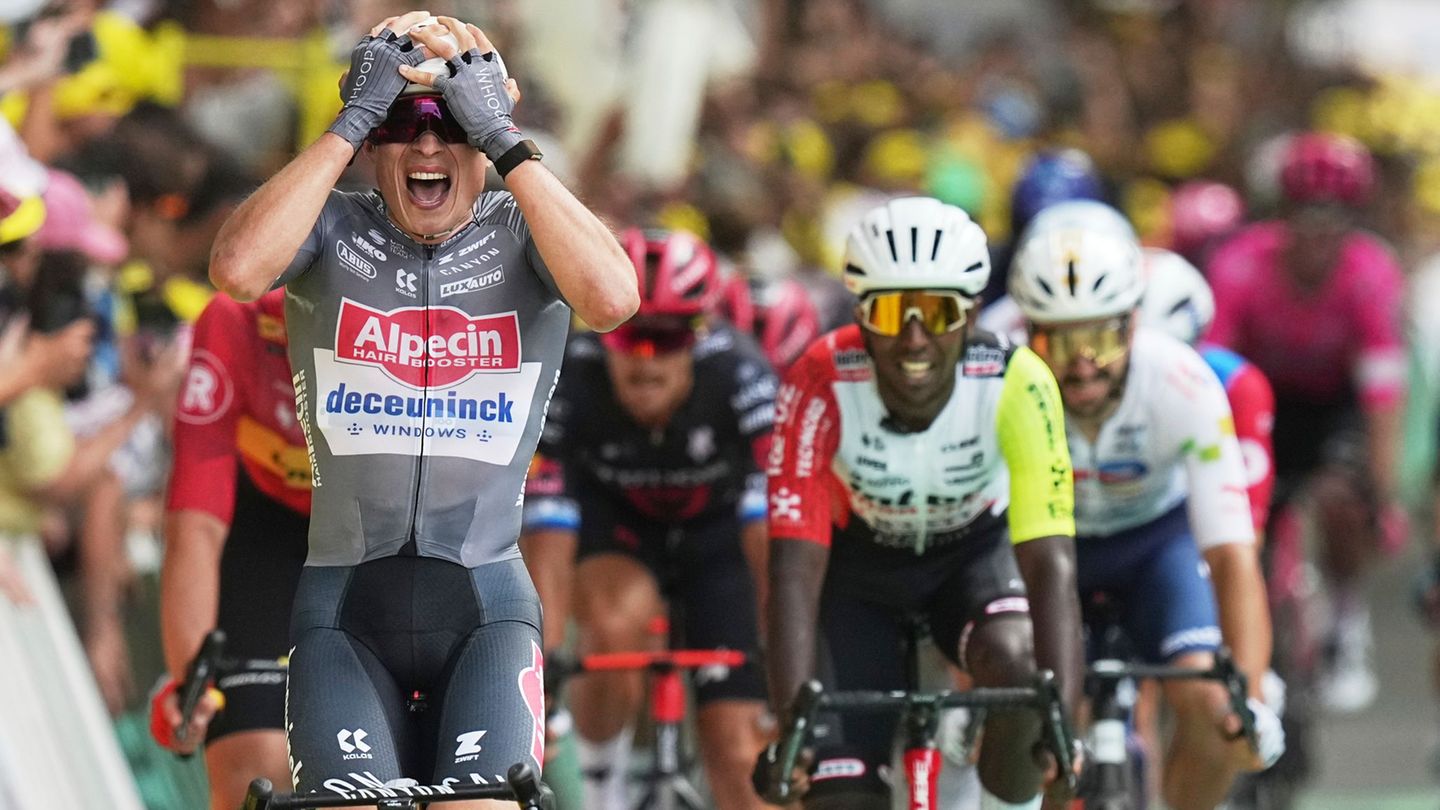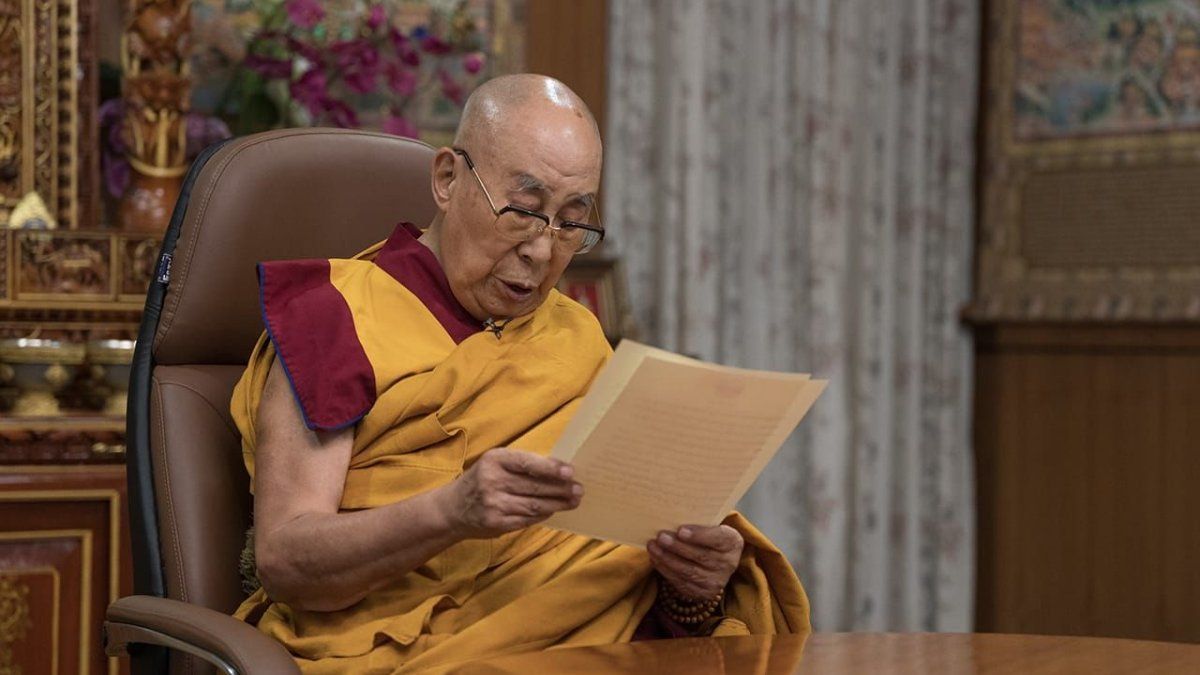It was very clear that the financial situation that De la Rua inherited was absolutely different from the one that Macri received. “Argentina has very low levels of indebtedness both at the government level and at the business level as well as the family level” (Dujovne, June 2016)
However, it must be said that during the first three quarters of De la Rua (until the resignation of Chacho Álvarez) the management was much less eventful and more successful than that of Macri. With De la Rua the economy grew during the first three quarters of 2000 and with Macri it fell sharply.
A Management & Fit survey had just shown a revealing drop in Macri’s imageand probably from the governor who wanted to break away from Macri, as Duhalde did with Menem. Vidal exerted strong pressure on the president because the government depended a lot on Vidal’s good image.
The governor was already sending him a message: “the province of Buenos Aires is worth all the funds it requires” or we lose the election and the effect is nationalized.
The economy was not starting-although spending grew 86% in December 2016 compared to the last December 2015 of the “wasteful Kicillof” (This is how the current governor of the province of Buenos Aires was described in the PRO).
Insecurity persisted in the province of Vidal, the economists: “inequality for all” were moving away from the governor, on tiptoe. Peronism began to regroup. Governor Vidal intended to capture Peronist dissidents. She should have thought of it before, offering vacancies now was difficult. She had Baradel standing on her hands and if she didn’t fix it, classes wouldn’t start. The claim was 35% and the salary increase offered 18% with quarterly adjustment.
President Macri did not recognize the deterioration of his image, “I am going to put everything in” he said, pretending to play a stellar role during the campaign. For María Eugenia it was a counterweight to go out in a caravan with Macri when the president had just assured that there would be “poverty for twenty years”.
The presidential speech remained in an invariable contradiction against his “another previous speech of his own-zero poverty”, suddenly he relaxed and said that jobs would be created…
“Let’s change” sent Jorge Macri as the first candidate for Buenos Aires Senator, the province of Buenos Aires would receive a specific contribution of $25,000 million from the federal government that balanced the situation, although it had generated countless protests and calls from other provinces. “Let’s Change” had become “Let’s Spend”..
IN WHOSE HANDS WERE THE FINANCES OF THE COUNTRY?
The president of Banco Nación: Carlos Melconian was one of the bondholders who sued Argentina before Judge Griesa. This is the same claim promoted by the “vulture funds” and other creditors for the Argentine sovereign bonds that defaulted due to the financial crash of 2001, a fight that the national government closed this year when it agreed to pay 9.3 billion dollars to the holdouts.
This was revealed in a court document dated February 6, 2009, which lists the participation of the economist as one more plaintiff before the federal court for the Southern District of New York.
The data was never revealed by Melconian and was unknown until yesterday. (Infobae, June 23, 2016).
Prat Gay I always have the executive profile that amalgamates cruelty and gossip, dressed in imaginary prudence. If Prat Gay were a Peronist and Nelson Castro knew how to diagnose psychologically, he would say: “passive aggressive” of the type, he kindly moves the chair, so you can break your neck. Prat Gay looked so perfect and educated, even next to Macri, that Dujovne now looked like “Homer Simpson.”
In 2015, an article in Pagina 12, with the brilliant pen of Alfredo Zaiat, said about Prat Gay: “he wanted the HSBC case involving 4,040 Argentine accounts not declared to AFIP to change judges. He sought to stop, even cancel, the investigation by transferring the file to a friendlier court. Prat-Gay’s interest lay in the fact that he was one of the protagonists of the case as he was linked to the undeclared account of Amalita Lacroze de Fortabat and her granddaughter Amalia Amoedo for some 68.3 million dollars.balance corresponding to the end of 2006. Before of that date, the amount of the account had exceeded 100 million dollars, according to additional information provided by the AFIP to Criminal Tax Court No. 3 in charge of María Verónica Straccia. The official investigation was advancing to also specify what type of advice Prat-Gay had provided, through his financial consulting firm, to Exprinter International Bank belonging to the Supervielle family. One of its members and director of the entity, Pilar Estela Supervielle, was listed with the record of 19.6 million dollars in an account at the HSBC Private Bank Geneva.
We had also placed Argentine finances in the hands of two former employees of a bank that paid a fine of 13 billion dollars for bad mortgage practices (Luis Caputo and Alfonso Prat Gay). We borrowed from that same bank-JP Morgan, Caputo kept issuing debt left and right, it seemed that both liked to play Russian roulette with the Argentine economy. Unreliable sources probably slandered Prat Gay, saying that he had agreed to resign since he took office. He would only work to ensure a successful deal with the external vultures and internal caracaras.
They reported that Prat Gay said: “the adjustment to the blows that Melconian does, who presumes to be brave”. The “rain of dollars” had turned into a “deluge of debt”.
The newly promoted Dujovne, who had sacrificed his TN television show to replace Prat Gay, had to adjust until April, and then slow down to support the campaign. He obviously was not a Nobel Prize winner, but he put his face to process a huge rate increase, preserving “Juanjo” (Aranguren) a bit.
They didn’t let Dujovne talk much, they asked him to “cut it off” with lowering taxes on work. The power of the finance minister was the least of all the finance ministers since the end of Cavallo.
– Could it be that Macri’s “hesitant masomenismo” would consume the minimum prestige of the best team of the last 50 years? –
President Macri was now postponing the planned spending adjustments via administrative reform and some were left “planning with their engines turned off.”
With the workers there was non-observance of the agreement signed in November not to expel people until March. They were already going for 6,000 layoffs, the CGT march was coming and a general strike in just six weeks. Classes were beginning, people had consumed their Christmas bonus and prices were rising, Secretary of Commerce Braun had no luck.
Macri’s foreign policy was crumbling, the Trump team “painted his face.” Gabriela Michetti’s visit to Washington went unnoticed, with the aggravating circumstance that in the midst of her uncomfortable reception, they announced the suspension of facilitation to process the visa for Argentine citizens granted by Obama.
The results of: “diagnosis and action plan of the Foreign Ministry” were moving. Not only “we were not on the agenda of the United States”, but the Trump administration did not deprive itself of externalizing it with facts. For Cristina Kirchner it would not have been a big deal; but going to Brazil to touch Temer’s leg instead of touching Bush’s in Washington…was a little tasteless. Nestor indulged.
Deepening the relationship with Mercosur, after all the ideologically contrary phrases expressed, looked more absurd than Nicanor Costa Méndez-Foreign Minister of Galtieri-when he went to Cuba to ask Fidel Castro for help.
A free trade agreement with Chile was fine for Timerman, but it does not represent a “return to the first world.”
Dear king, Macri was going to Spain again. Would investments like those of Marsans and Repsol return? – They had forgotten about the scam we proffered with YPF. Didn’t they remember that they told Néstor Kirchner that he gave birth to them? – Now we were going to China and it was okay? These were the intended objectives to focus foreign policy.
They hadn’t known what to do for 15 months. Each of them was supposed to know more than the previous government officials, that’s why they overcame the “guilty 2001” presumption and people chose to forget the past. We were witnessing like two decades ago, the culture of the random and the intermediate spaces that allow the worst practices of individualist search; in the latter they were very similar to the “Navarro cadet”.
Graduate Professor UBA and Masters in private universities. Master in International Economic Policy, Doctor in Political Science, author of 6 books. @PabloTigani
Source: Ambito
David William is a talented author who has made a name for himself in the world of writing. He is a professional author who writes on a wide range of topics, from general interest to opinion news. David is currently working as a writer at 24 hours worlds where he brings his unique perspective and in-depth research to his articles, making them both informative and engaging.




